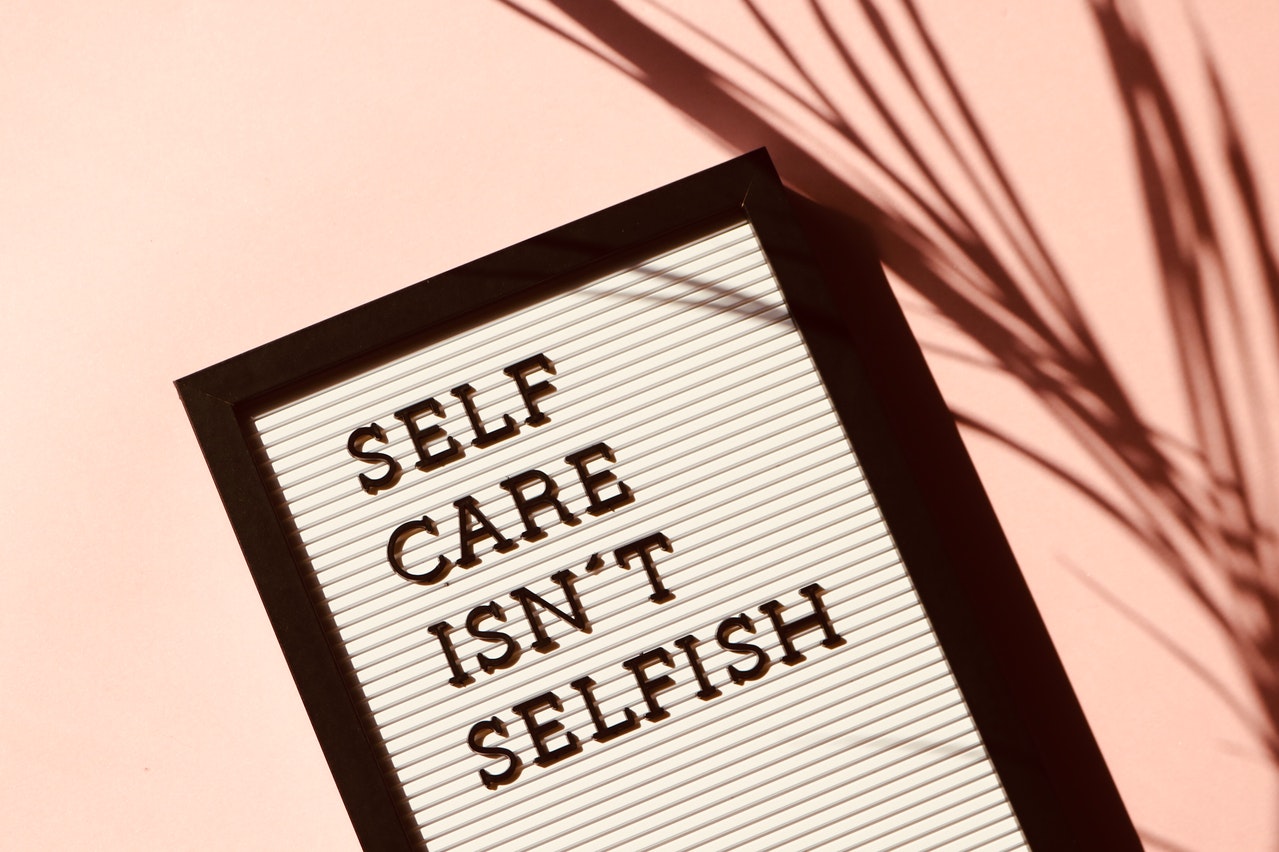
Overcoming Depression: Practical Steps
Do you experience persistent feelings of sadness, emptiness, hopelessness, worthlessness, or guilt? Are you feeling fatigued, anxious, restless, or like you can’t focus? Have you lost interest in the activities you once enjoyed, or have your coworkers or loved ones noticed that you’ve been more…



